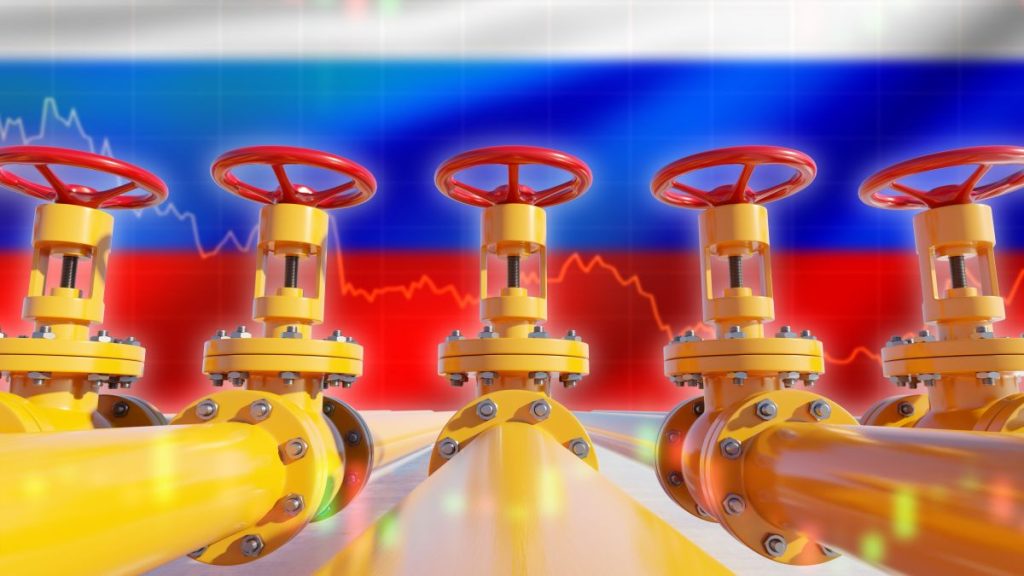Russia rejects the report, calling it Western misinformation.
Others are reading now
Russia rejects the report, calling it Western misinformation.
What is happening?

Russia’s pipeline monopoly, Transneft, has quietly warned oil producers that they might have to cut output after a series of Ukrainian drone strikes hit critical oil export ports and refineries, sources tell Reuters.
Though the company publicly dismissed the claims as “fake”, sources inside the industry say the damage is real—and escalating.
Kyiv targets Russia’s energy backbone

Since August, Ukraine has increased drone attacks on Russian energy infrastructure, aiming to weaken Moscow’s war machine and cut into the Kremlin’s revenue.
With oil and gas contributing up to half of Russia’s federal income over the past decade, every hit on a refinery or port strikes at the country’s financial heart.
Also read
Major refineries and ports damaged
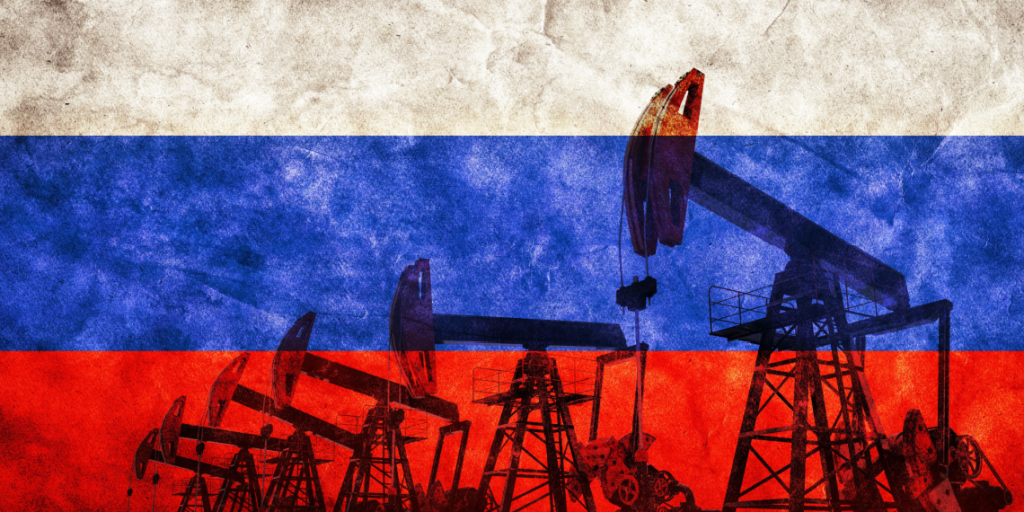
At least 10 Russian refineries have been targeted, temporarily slashing refining capacity by nearly 20%.
Strikes have also damaged Ust-Luga and Primorsk, two major ports on the Baltic Sea critical for Russian crude exports.
Despite the severity, Russian officials have yet to comment publicly on the full extent of the damage.
Transneft imposes storage limits
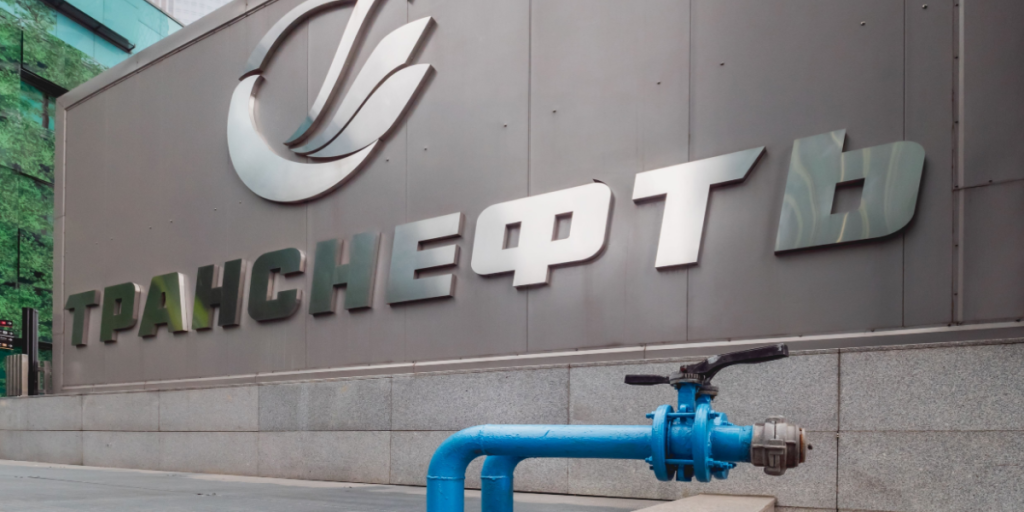
Transneft, which manages over 80% of Russia’s oil flow, is reportedly limiting how much crude oil companies can store in its system.
Producers have been warned that, if infrastructure takes more hits, they may be forced to scale back oil shipments.
Also read
The risk of a production cut is growing, according to industry insiders.
Russia’s output faces global impact
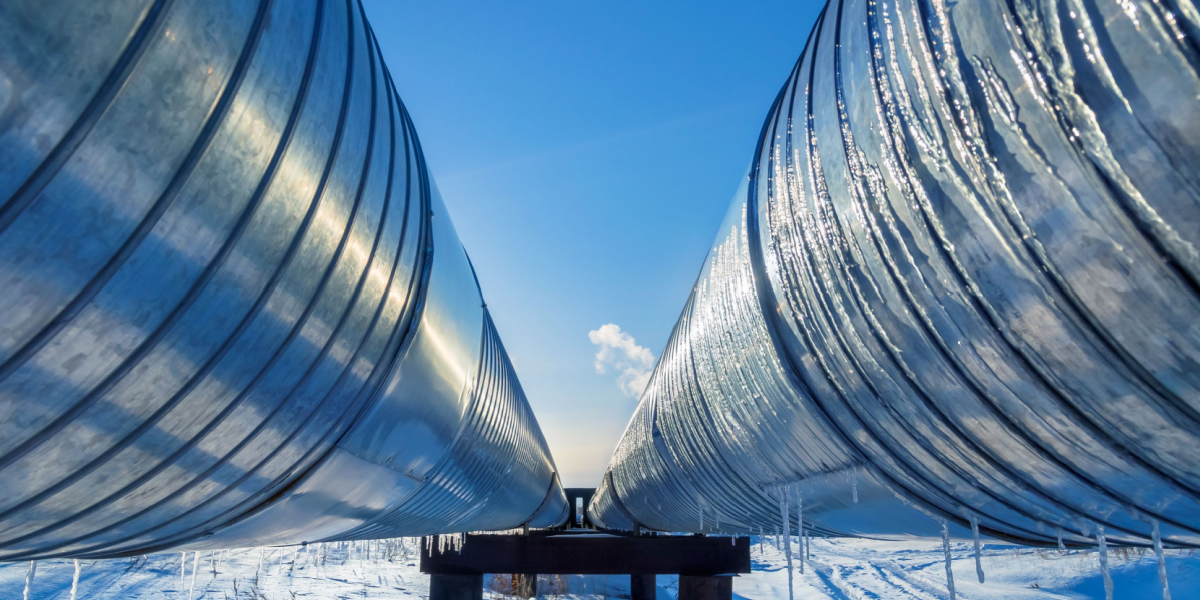
With 9% of global oil output, Russia plays a central role in world energy markets.
A forced slowdown in production due to attacks or storage issues could tighten global supply—especially as winter demand ramps up.
Transneft’s infrastructure constraints are now a critical bottleneck.
Transneft dismisses reports as Western ‘Information War’
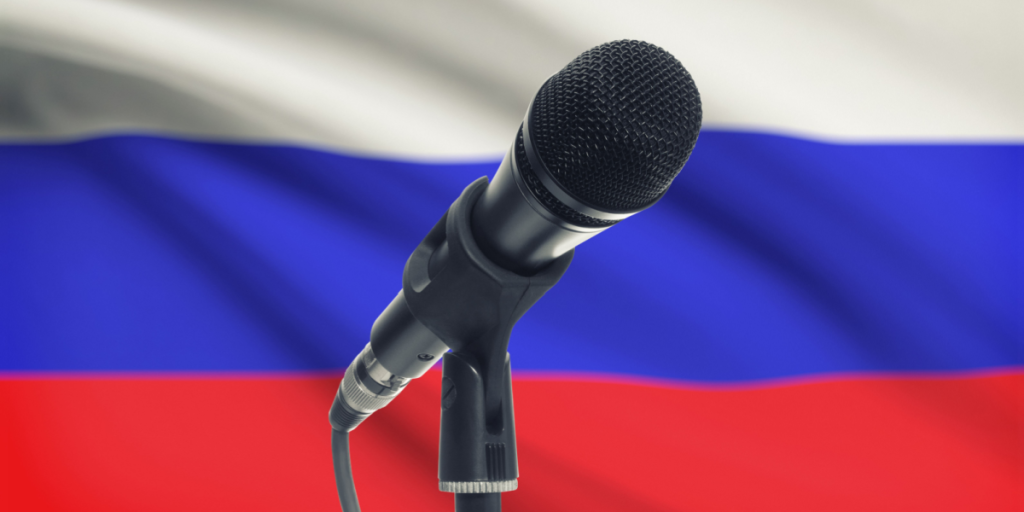
Transneft issued a strongly worded denial, calling the news “fake” and part of an “information war unleashed by the West”.
Also read
The company accused unnamed sources of damaging its reputation and trying to destabilize Russia’s energy sector through misinformation.
Primorsk Port temporarily shuts down
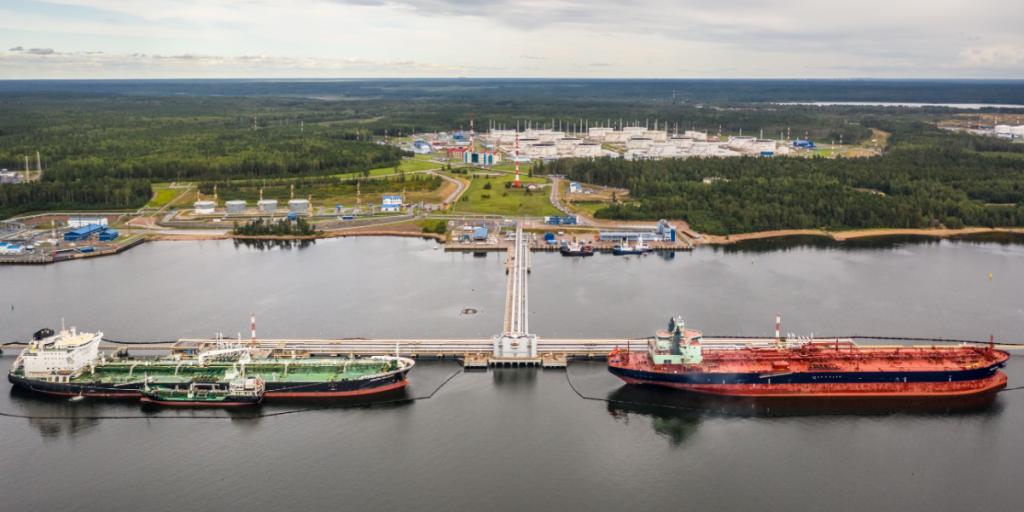
Ukraine struck Primorsk, Russia’s largest oil port, for the first time since the invasion began in 2022.
The port, which can handle over 1 million barrels per day, had to halt operations temporarily.
President Zelenskiy hailed the strike, saying such attacks are “the sanctions that work the fastest.”
Limited storage capacity adds to the strain
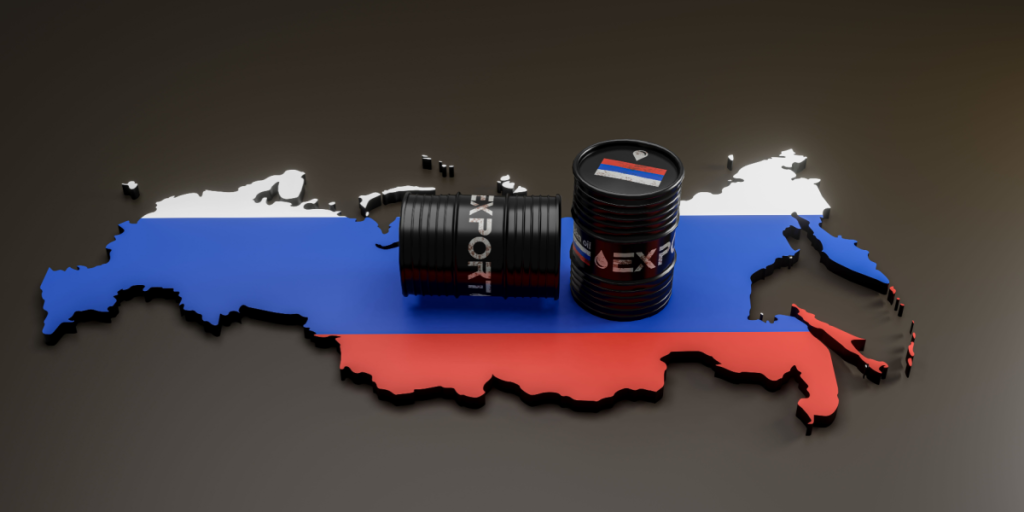
Unlike other major producers like Saudi Arabia, Russia lacks large-scale oil storage facilities.
Also read
This leaves it vulnerable: if refineries are down and ports can’t ship crude, production must be cut
According to J.P. Morgan, this bottleneck puts Russia’s ability to scale output at serious risk.
OPEC+ goals at risk amid attacks

Under the latest OPEC+ agreement, Russia’s oil production quota was set to rise slightly in September.
However, continued attacks and infrastructure damage may derail those plans
Goldman Sachs notes that production may drop modestly, though Asian buyers like China and India still support demand.
Also read
A new front in the energy war
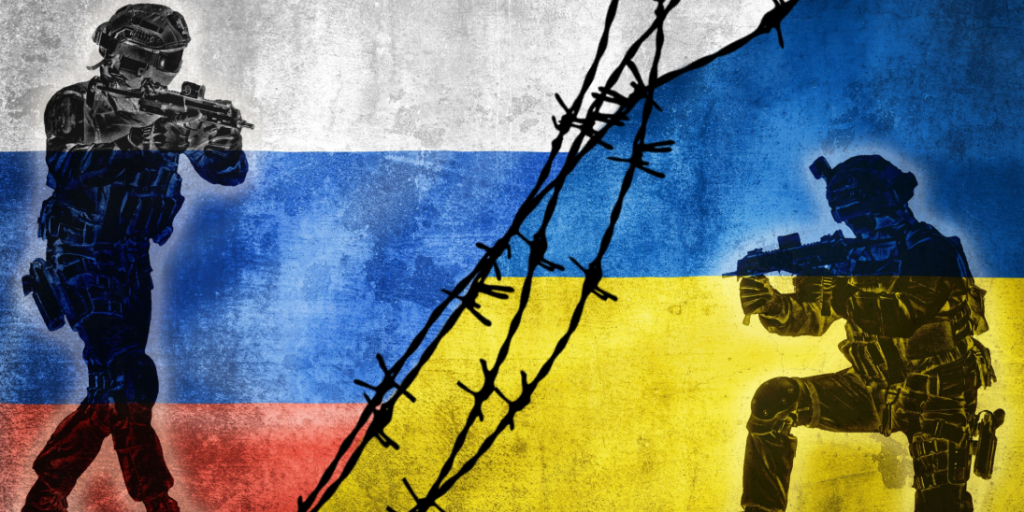
The battlefield is no longer just on the ground—it’s in the energy corridors of pipelines and port terminals.
As peace talks remain stalled, Ukraine’s drone campaign marks a strategic shift in targeting Russia’s revenue streams.
Whether or not production is officially cut, Russia’s oil sector is already under strain.

